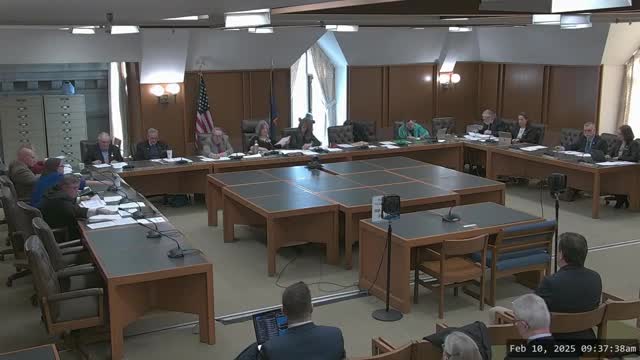Article not found
This article is no longer available. But don't worry—we've gathered other articles that discuss the same topic.
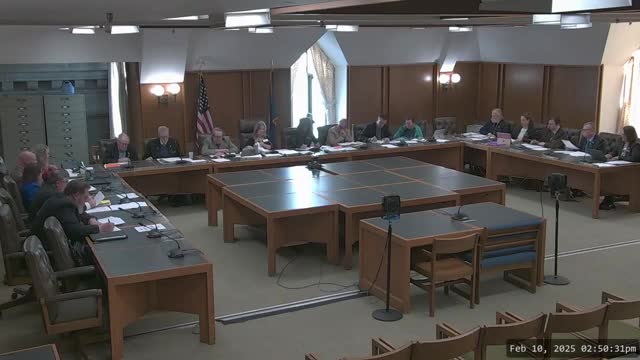
Committee votes: recommendations on six bills after executive session
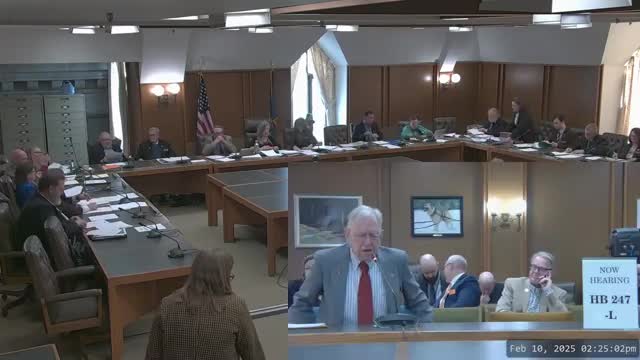
Sponsor seeks local referenda before historic horse‑racing casinos expand
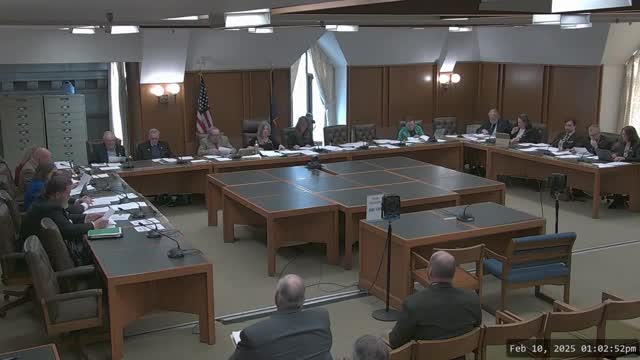
Lawmakers weigh taxing carbon credits on timberlands to keep towns whole
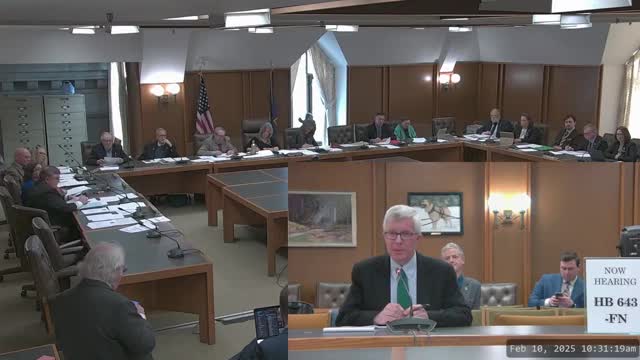
Sponsor asks Legislature to return Strafford County to at‑large election of commissioners
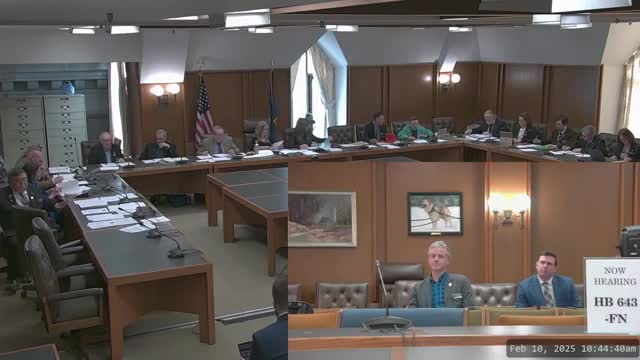
Conway sponsor seeks local option $2 nightly safety assessment to offset tourist‑driven public‑safety costs
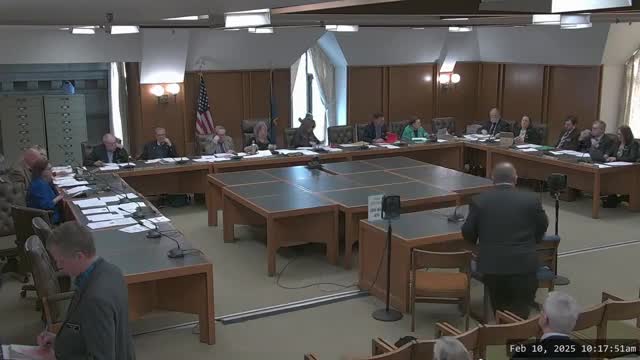
Grafton County redistricting, five‑commissioner plan draws heavy public opposition
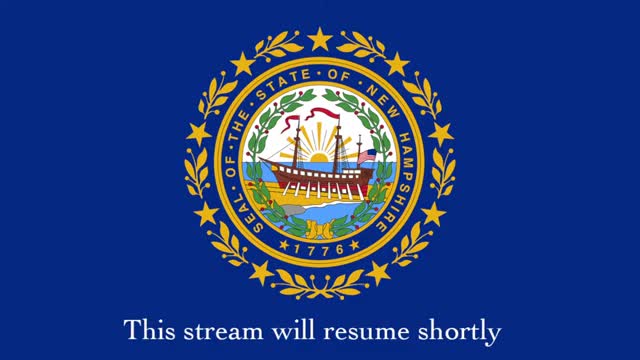
Bill would let counties form countywide communications planning committees to explore broadband districts
